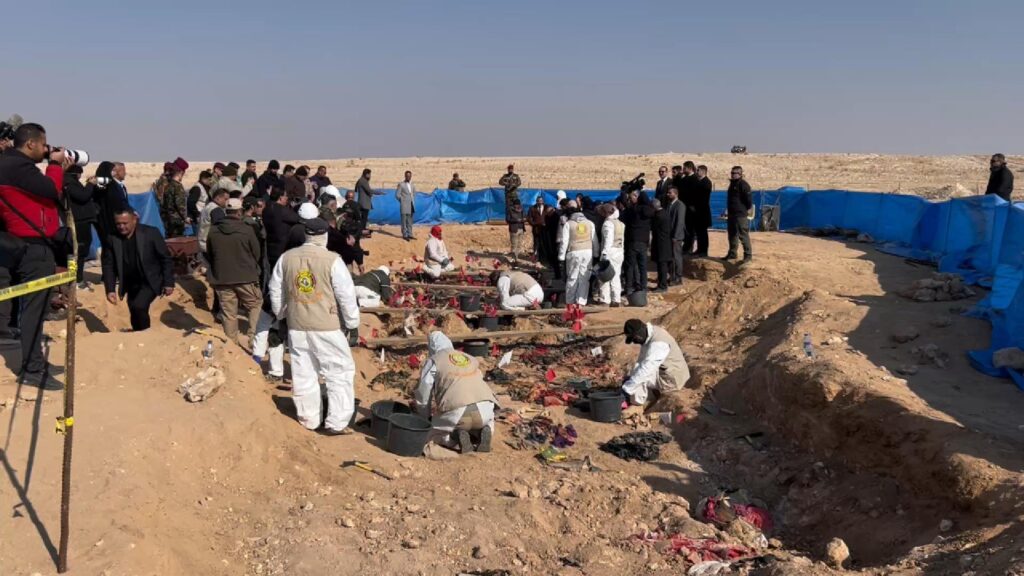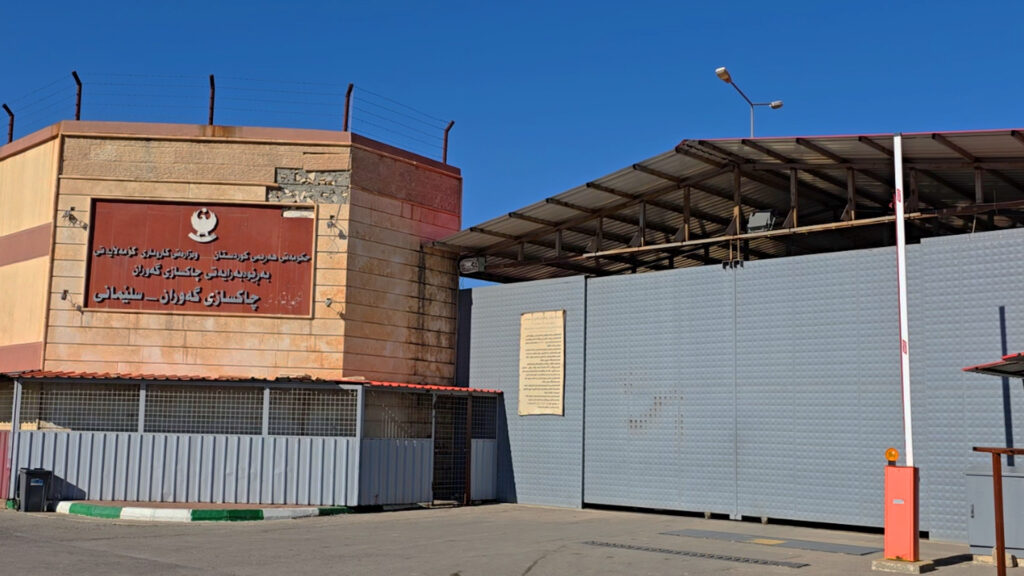Is the Kurdistan Region overdue a tech revolution?

Lagging far behind in the age of digitization, the Kurdistan Regional Government (KRG) urgently needs to change, said Hiwa Afandi, head of the KRG’s Department of Information Technology, at the opening of the three-day HITEX exhibition at Saad Abdulla Hall.
“In developed countries, digital technologies are the strong and essential tools that have helped in such change,” Afandi said.
“To transition from the stage of backwardness or underdevelopment to a successful stage of governance, there needs to be change... digital transformation,” he added.
The KRG has been slow to adopt modern technologies to provide services, Afandi acknowledged, and the issue is being discussed at the highest levels of government.
HITEX is the place where “problems and solutions meet.”
Sulaimani-based Sharpsoft has been providing IT solutions to businesses and governing institutions in the Kurdistan Region and across Iraq for two years. Their biggest challenge, they say, is hiring skilled and motivated staff.
“We have difficulty finding the right people,” said Tazhan Baqi at her company’s kiosk at HITEX. Just a handful of the IT students she studied with at university are actually working in the field, the rest squandering their specialist skills.
General public awareness of digital tech is also lacking in the Kurdistan Region, according to HITEX organizers.
“Our people don’t know much about technology,” said Saad Salam, HITEX event manager. “We want to highlight technology and introduce it to our people.”
New tech could have several useful applications across society.
One display at HITEX showcases an app that could revolutionize one sector in urgent need of regulation – taxi services.
Ride-hailing app Careem launched in Erbil in March and has already been downloaded 4,000 times. April 15, 2019. Photo: Hannah Lynch / Rudaw
An Erbil branch of ride-hailing app Careem opened last month with the slogan “secure, comfortable, trustworthy.” The free app sets a fixed price before each journey and live-maps the taxi’s location and destination.
Careem drivers must have police (Asayesh) clearance, cars are checked to make sure they meet minimum standards, and passengers give feedback after their trip, Careem employee Azar Said explained.
The KRG Ministry of Interior in January introduced new rules for taxi drivers in a bid to combat sexual harassment by drivers.
Careem, which was recently acquired by its rival Uber for $3.1 billion, has around 150 drivers in Erbil. Twenty days since its launch, the app has already been downloaded 4,000 times.
The Kurdistan Region may be a long way from establishing its own Silicon Valley – California’s tech mecca – but there is no shortage of innovation and ingenuity.
Faraidun Yasin studied English at university, but since graduating has immersed himself in his love of technology. Through social media and YouTube videos, he taught himself about 3D printing. Now he has built a printer of his own.
“Any idea you have in your mind, you can print it,” he says proudly of his printer.
Faraidun Yasin exhibits his homemade 3D printer at HITEX, Saad Abdulla Hall, Erbil, April 15, 2019. Photo: Hannah Lynch / Rudaw
The electronics were imported from China, but everything else he built himself. Yasin opened an office, KO3D, in Sulaimani three months ago and already has a growing clientele, mainly people wanting hard-to-import components for cars and factory machinery.
As few Kurds are even aware such technologies as 3D printing exist, Yasin says his biggest challenge is explaining what his business actually does.
Could these young inventors capture their imagination and inspire that change?
With reporting from Payam Sarbast and Hannah Lynch




